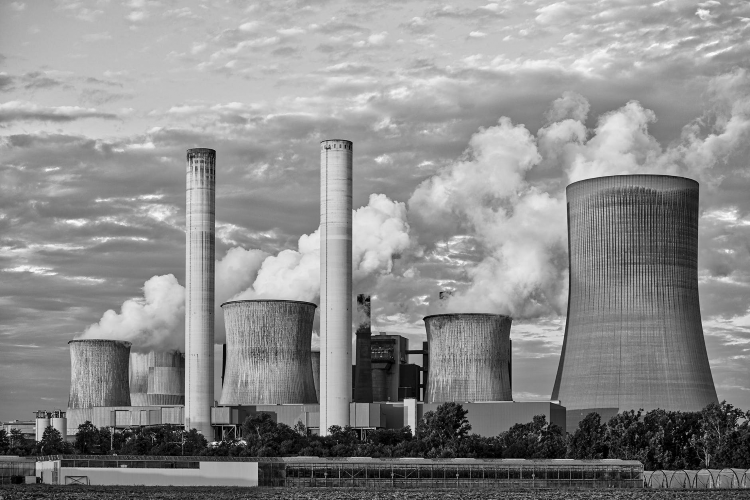
Dear Clients and Friends,
On January 1, 2022 the following ecological taxes went into effect in the State of Queretaro:
1) Tax for Environmental Remediation in the Extraction of Materials
This tax must be paid by individuals, legal entities and economic units that extract non-metallic materials from the soil and subsoil in the State of Querétaro.
The tax will be calculated by applying to the volume of cubic meters of material extracted, the fee of 0.20 UMA ($19.24 pesos) for non-metallic materials of low environmental impact and 0.50 UMA ($48.11 pesos) for non-metallic materials of high impact.
This tax must be paid monthly.
2) Tax on the Emission of Gases into the Atmosphere
This other tax will be paid by individuals, legal entities and economic units that have facilities or fixed sources in the state of Queretaro in which activities that generate emissions of polluting gases into the atmosphere are carried out.
The tax will be calculated by applying to the amount of polluting gases emitted into the atmosphere – measured per ton of Carbon Dioxide or its equivalent of other gases (CO2e), a fee of 5.6 UMA ($538.83 pesos).
This tax must be paid annually.
3) Tax on the Final Disposal of Special Handling and Hazardous Wastes
This tax must be paid by individuals, legal entities and economic units that are classified as large generators of hazardous waste and that, by themselves or through intermediaries, carry out the final disposal of such waste, as well as the temporary storage or controlled confinement of such waste.
The tax will be calculated by applying to the amount of hazardous waste (per ton), a fee of 1.25 UMA ($120.27 pesos).
Hazardous wastes that enter value chains or go to recovery processes such as: collection and storage, separation, reuse, intermediate treatment, co-processing, utilization, soil improver and those determined by the relevant authority are not considered for purposes of this tax.
This tax must be paid monthly.
The taxpayers of these taxes may reduce from the taxable base the tons or cubic meters that are certified through participation in projects of the Secretariat of Sustainable Development in environmental matters. To date, no rules or programs have been published to allow such reduction.
In addition, taxpayers of each of these taxes must comply with administrative obligations such as registering with the state tax authority, filing reports and notices, bookkeeping, among others.
Challenging
The environmental taxes may be challenged by means of an indirect amparo proceeding before the competent District Court within the following time periods:
- Within 30 business days following the entry into force of such taxes. This period expires on February 14, 2022.
- Within 15 business days following the first act of application of the tax. The first act of application, in the case of taxes, is the first payment of the tax. In this sense, the amparo should be filed in March 2022 for the tax on the extraction of hazardous materials and hazardous wastes, and until 2023 for the tax on the emission of gases into the atmosphere.
Based on our experience, we recommend challenging the taxes against the first act of application.
The Supreme Court of Justice of Mexico has recognized the constitutionality of environmental taxes similar to those of the state of Queretaro in other states of Mexico. However, we believe that there are arguments that have not been raised or analyzed by that High Court, with which we could obtain rulings favorable to the interests of our clients.
Should you have any questions related to the foregoing, please do not hesitate to reach out to your usual contact at the Firm
Tax Consultancy & Litigation.
Franco Herrera
[email protected]
Fernando Holguín
[email protected]
Arturo Bañuelos
[email protected]
Felipe Mendoza
[email protected]
Edmundo Hernández
[email protected]
